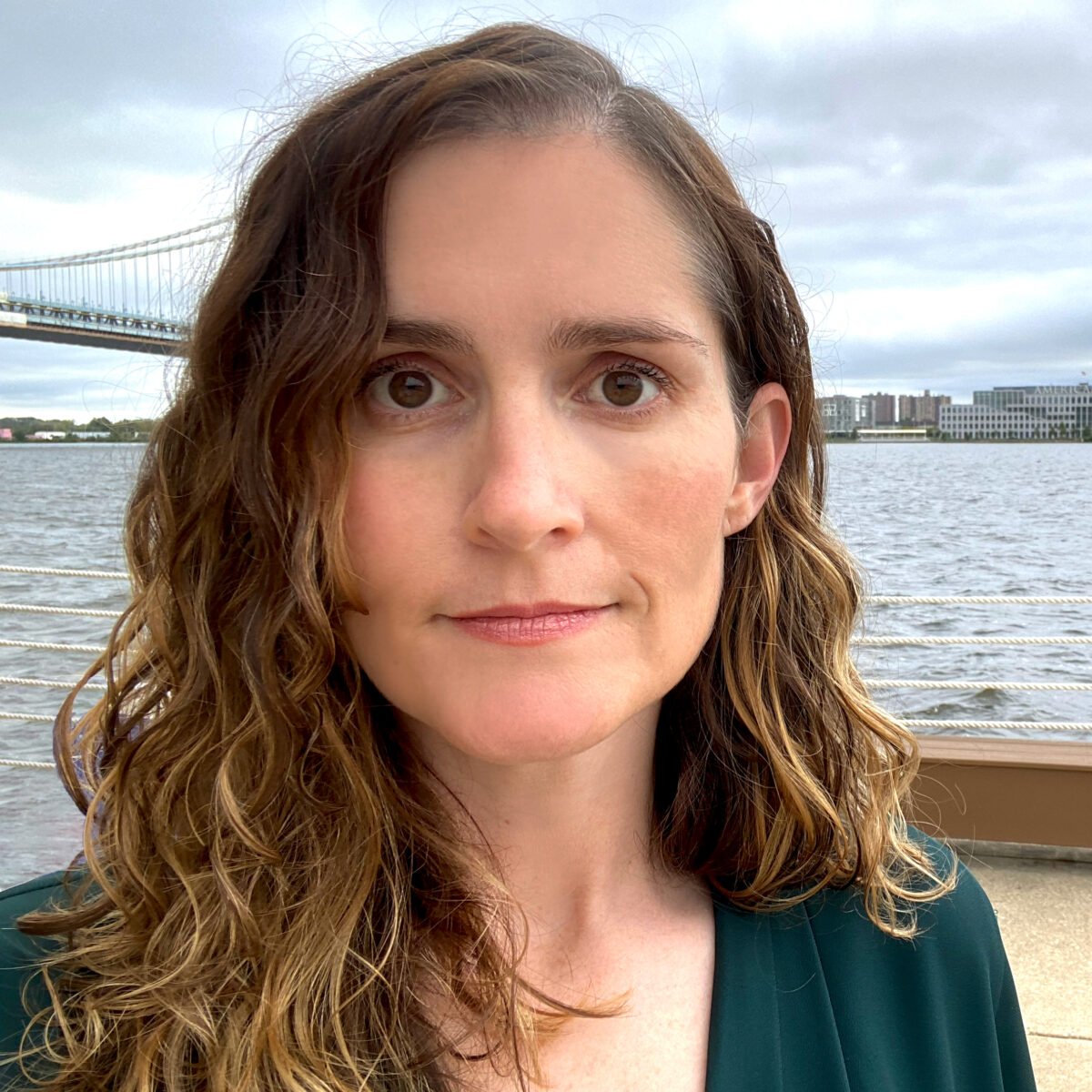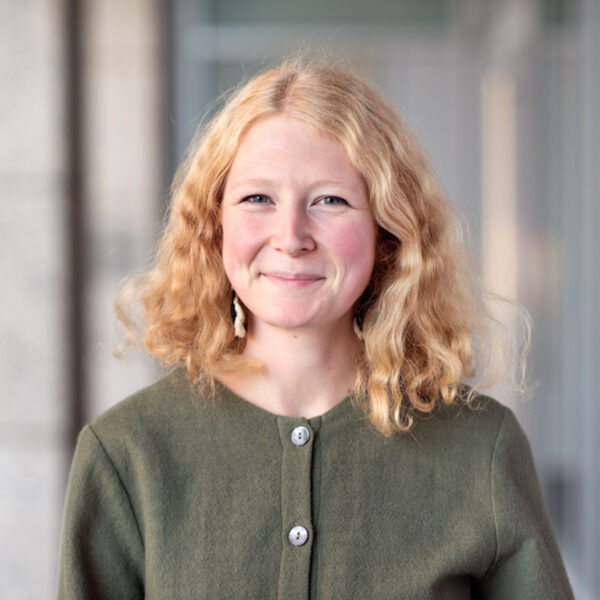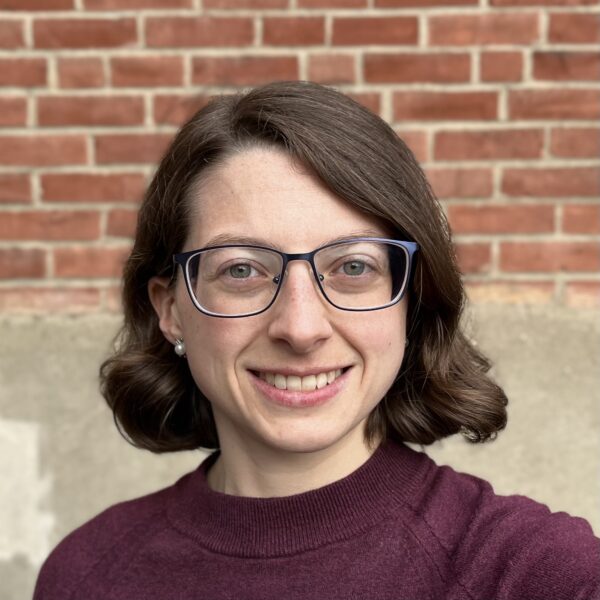Biomedical Research
Announcing the 2023 Catalyst to Independence Award Recipients
October 3, 2023
We are thrilled to announce the newest cohort of Additional Ventures Catalyst to Independence Award fellows.
The Catalyst to Independence Award supports outstanding post-doctoral fellows undertaking impactful research in the single ventricle field as they finish their training and transition to independent research faculty. Catalyst Award fellows are supported through generous funding, targeted professional development, and networking opportunities within the broader single ventricle community. In addition, the 2023 Catalyst Award fellows join our current Catalyst Award fellows in an expanding cohort of promising early-career scientists. Through this combination of research, career, and community support, the Catalyst Award fellows are poised to develop into future mentors and leaders pushing towards our shared goal of curing single ventricle disease.
Our 2023 Catalyst Award fellows are driven to accelerate our understanding of single ventricle etiology and improve outcomes for current and future single ventricle patients. Each new fellow demonstrates a passionate commitment to single ventricle research and eagerness to contribute their talents in genetics, epigenetics, and engineering. Their palpable excitement extends beyond research to the new opportunities they will have to recruit, train, and mentor the next generation of scientists in the field.
We are thrilled to support our newest Catalyst Award fellows and follow their promising journeys to future faculty stars.
2023 Catalyst to Independence Award Recipients
 Diana Fulmer, PhD – University of Pennsylvania
Diana Fulmer, PhD – University of Pennsylvania
“Investigation of the G9a/GLP histone methyltransferase complex in cardiac specification and identity maintenance during normal heart development and single ventricle disease.”
Dr. Diana Fulmer completed her PhD at the Medical University of South Carolina, and is currently a postdoctoral researcher with Dr. Johnathan Epstein in the Smilow Center for Translational Research at the University of Pennsylvania. Dr. Fulmer’s research addresses the role of epigenetic factors implicated in single ventricle etiology. Her work utilizes in vivo modelling to investigate how changes to the histone methyltransferases GLP and G9a alter cardiogenesis; by illuminating the effects of epigenetic regulators on cellular development, Dr. Fulmer’s work will expand our mechanistic understanding of single ventricle origins.
 Zoe Grant, PhD – Gladstone Institutes
Zoe Grant, PhD – Gladstone Institutes
“Capturing mechanisms of TBX5 haploinsufficiency underlying ventricular heart defects.”
Dr. Zoe Grant received her PhD from the Walter & Eliza Hall Institute of Medical Research at the University of Melbourne and is currently a postdoctoral scholar at the Gladstone Institutes under the mentorship of Dr. Benoit Bruneau. Dr. Grant’s research addresses mechanisms of haploinsufficiency in the context of cardiac gene regulation and expression. In addition to investigating the role of TBX5 in single ventricle etiology, Dr. Grant’s research could provide important insights into mechanisms of haploinsufficiency in other disease contexts.
 Shannen Kizilski, PhD – Boston Children’s Hospital
Shannen Kizilski, PhD – Boston Children’s Hospital
“A patient-specific workflow for prospective patch design in aortic arch reconstruction.”
Dr. Shannen Kizilski is a research fellow in cardiac surgery at Boston Children’s Hospital with Drs. David Hoganson and Peter Hammer. Dr. Kizilski joined Boston Children’s Hospital after completing her PhD in mechanical engineering at the University of Minnesota. Dr. Kizilski will bridge engineering and surgery expertise to develop and validate a hybrid workflow for accurately sizing neo-natal aortic patches. This patient-specific pipeline could improve the accuracy and long-term stability of aortic patches used in single ventricle palliation.
Creating a cohort of creative, innovative, and committed early career single ventricle investigators is critical to our goal of curing single ventricle. As the newest members of the Additional Ventures community, the 2023 Catalyst Awardees can receive up to $1.2M (USD) over the course of the award period (up to 6 years) with funds supporting the fellow’s salary, research support staff, and annual research expenses. Additionally, Catalyst Awardees receive monthly programmatic support alongside the full cohort of Catalyst Awardees, and individualized career coaching to improve their transition readiness. These awardees are poised to build solid foundations for sustainable independent research programs, while making major contributions to the single ventricle field.
To learn more about our Research Award Programs and all our funded studies, click here.